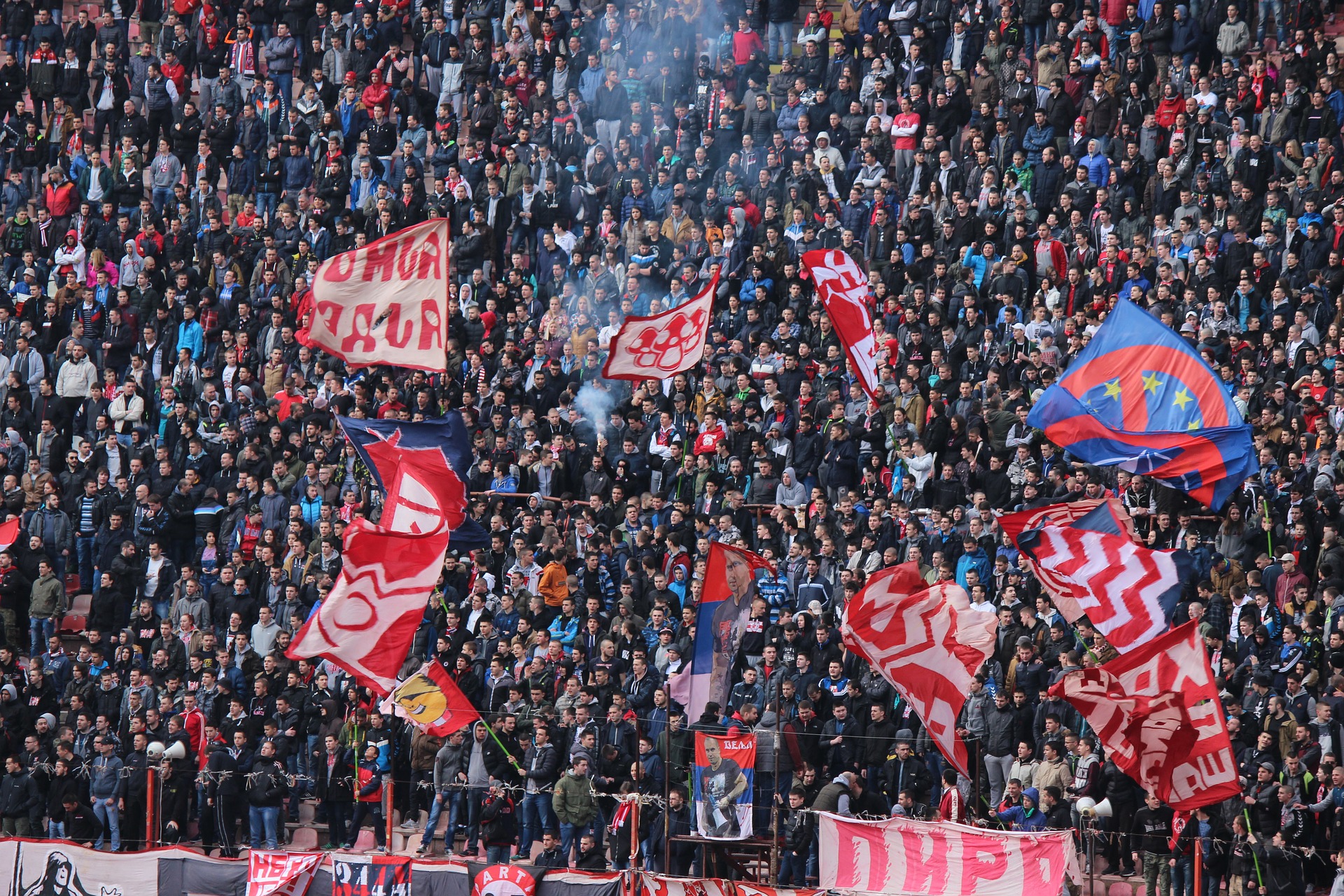It seems that Serbia has, since the appearance of the first cases four months ago, come full circle. It was mid-March when Serbia’s president, almighty Vučić, was shaking his head in despair and telling the elderly population that, everything he is doing is for their benefit, because otherwise – “we’ll find our graveyards to be too small”.
The daily appearances of the president, as part of the Crisis Staff press conferences, were coloured with an overly paternalistic tone. Acting as if he were supposed to not only manage the situation, but act as a father to Serbia, to prove that assuming the full power under state of emergency is the best thing that could’ve happened to the population. He justified the decision by saying: “if it is necessary, out of love for pensioners, we will make a binding decision to keep everyone at home.” Between the drastic measures and overly dramatic daily press conferences, the citizens were filled with fear and panic, especially considering the way the president’s speeches were meant to make people feel as if he were talking directly to each one of them.
Come April, with the state of emergency and weekend-long curfews, the government took power over the information flow in Serbia, insisting on the danger of fake news to justify it – only to have it result in an arrest of a journalist who was reporting about the lack of basic equipment and the poor response of Serbian health system to the crisis. Instead of taking responsibility, Serbian authorities chose to blame the journalist for spreading misinformation and panic.
Once the state of emergency was over, the President didn’t lose any time in announcing a new date for the elections postponed due to the virus outbreak. The ruling party used their governmental position to set them between the beginning of May and the 21st of June to assure the proclaimed victory over the virus and build the image of a “new normality”. The last stroke on this image made quite some noise around Europe – allowing 25,000 fans to attend the Belgrade derby, the biggest event since the virus spread to Serbia.
Contrary to his prior desperate tone, the campaign ads were now led by a President proud of having won the battle with the virus and prepared to repair our economy and go back to “the great path Serbia was on before the pandemic”. The campaign was carried out under the slogan “For Our Children” which, considering the path Serbia is actually on, sounded more like a threat than a promise.
Approaching the elections, the “defeated virus” seemed to be stagnating, with the daily number of new cases suspiciously varying between 95 and 99, but never reaching a hundred. The day after elections, which saw a massive victory for the Progressive Party (seen by some as a return to one-party rule), one of the few Serbia’s independent portals, BIRN, published an article revealing that data from the Serbian state’s COVID-19 information system shows that more than twice as many infected patients had died than the authorities had actually announced, and hundreds more people tested positive for the virus in recent days than admitted.
Even though half of the Serbian government tested positive in the week following the elections, the authorities were quick to dismiss BIRN’s claims, saying that “the measures were respected at the polling stations, and voting was not a bigger risk than going to the supermarket.” I suppose it also didn’t seem relevant to them that the most of their voters are elderly people, for whom many daily trips and dinners were organised by SNS the week before the elections, during which neither the politicians nor the people were not wearing any masks or respecting distance.
With the situation getting out of control and to cover up the outbreaks in some parts of Serbia that started taking on a terrifying face, the authorities kept insisting on Belgrade being the city with the highest number of cases and blamed the students who were returning to Belgrade to do their final exams. Constantly repeating that nobody got the virus at the elections, due to the irregularities the elections were repeated in many parts of Serbia, including Novi Pazar – despite it already having declared emergency over the outbreak. It’s no wonder that, once the PM appeared there, to show that everything’s in order, the people did not make her feel welcome. It was clear that their patience was running thin.
From the first day, the measures taken by the Serbian government to fight the epidemic were based on repression and threats and every increase in the numbers was blamed on the populations’ lack of discipline. As a matter of fact, the very reason Serbia has come full circle is because the majority was being disciplined – being scared of the virus during the president’s heartbreaking press conferences, just as believing him that the virus doesn’t exist anymore and it’s absolutely safe that such a number of people attend the derby or the elections.
It is the government who, instead of basing the fight against the virus on a wide understanding of the situation and insisting on people’s individual responsibility, placed all the responsibility on themselves, but when mistakes were made, they refused to take it over and over again. This is the reason why, when going back to the repressive measures that was announced on the 7th of July, it resulted in the most violent protests Serbia has seen since the 90’s.
Note from Editor: The views and opinions expressed on Speak Freely are those of the authors and do not necessarily reflect the official policy or position of Speak Freely today and its editorial team. Any content provided by our bloggers or authors are of their opinion and are not intended to malign any religion, ethnic group, club, organisation, company, individual or anyone or anything.
